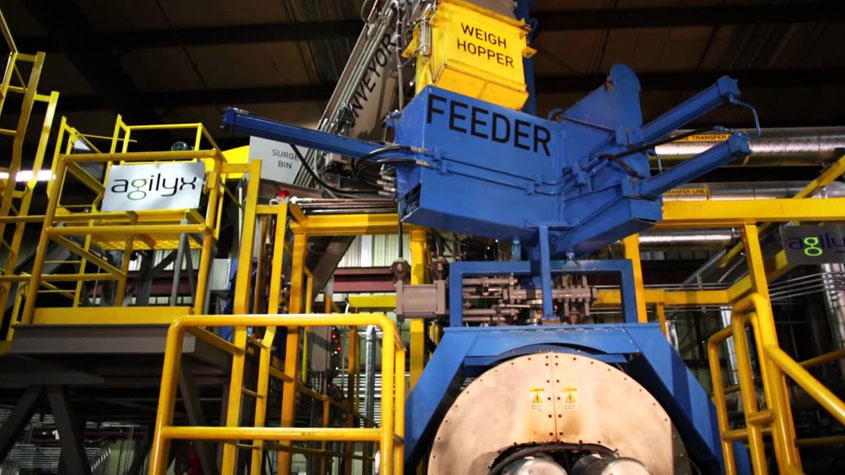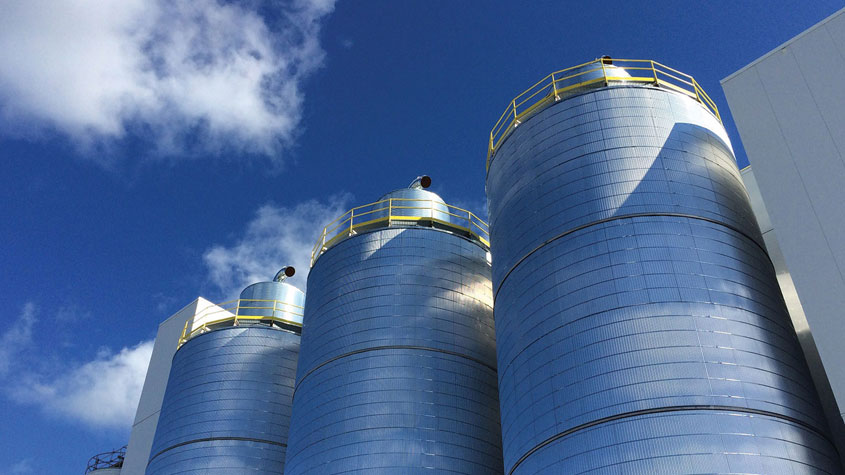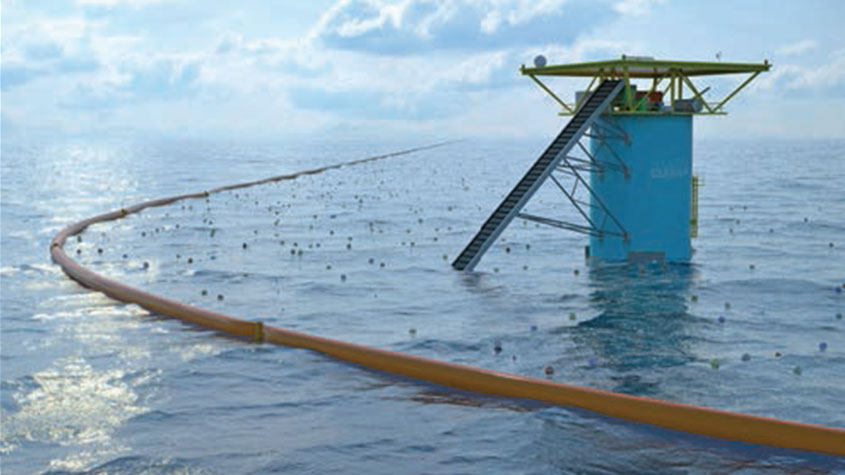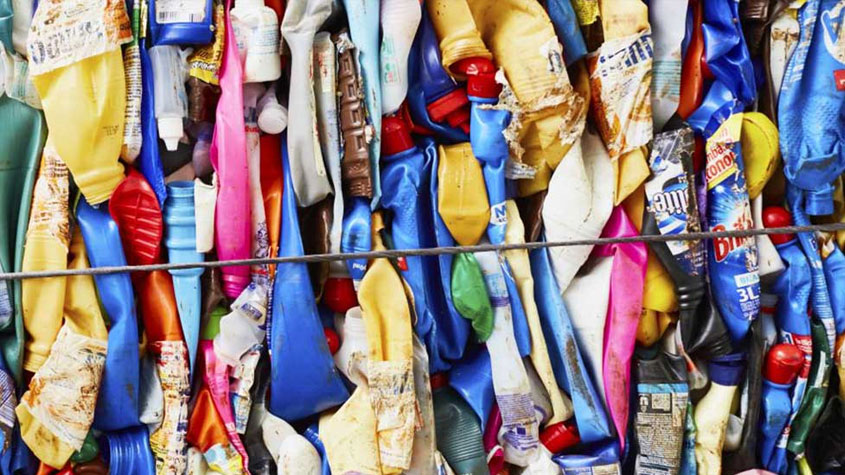PET recycling: BP to build US$25 mn PET recycling plant in US; Indorama to step up efforts to 750 kilotonnes of rPET use
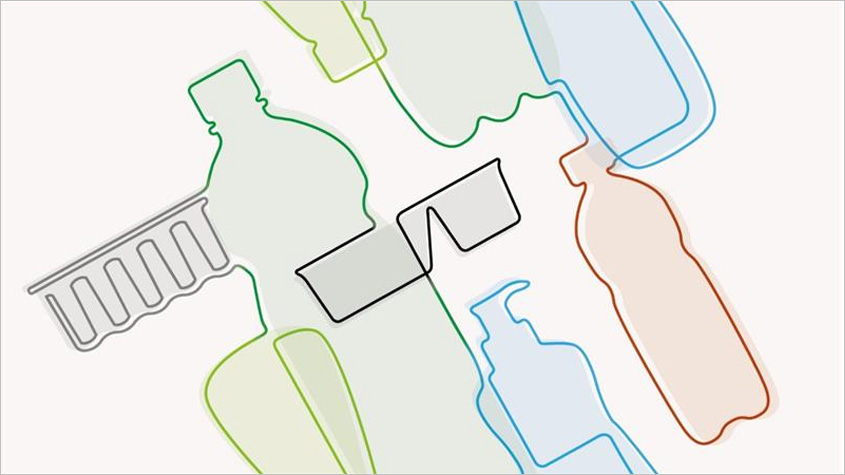
Oil giant BP plans to construct a US$25 million pilot plant for PET recycling at its R&D hub, in Naperville, Illinois, due to come online in late 2020. It will be based on BP’s enhanced recycling technology, BP Infinia, that enables currently unrecyclable PET plastic waste to be diverted from landfill or incineration and instead transformed back into new, virgin-quality feedstocks. BP says it will prove the technology first before progressing to full-scale commercialisation.
There is no doubt that PET is the most commonly used plastic for beverage and rigid food packaging. Around 27 million tonnes/year of PET are used in these applications globally, with the majority – around 23 million tonnes – used in bottles. Although PET is one of the most widely recycled types of plastic, less than 60% of the PET used for bottles is collected for recycling and only 6% of the total makes it back into new bottles. The rest is either ‘downcycled’, where products are recycled and re-used once before turning into waste, or destined for landfill and incineration.
BP Infinia technology is designed to turn difficult-to-recycle PET plastic waste, such as black food trays and coloured bottles, back to original monomer feedstocks through a depolymerisation process. This could reduce the need for downcycling and divert plastic waste from landfill and incineration.
The technology also aims to purify these ‘building blocks’ monomers into recycled purified terephthalic acid (rPTA) and recycled monoethylene glycol (rMEG), which would then be interchangeable with those produced from traditional hydrocarbon feedstocks. The recycled feedstocks could then be used to manufacture high-performance polyester for packaging, clothing and industrial fibre products and applications.
BP sees the potential to develop multiple full-scale commercial plants using this technology around the world. If deployed at scale in a number of facilities, BP estimates that the technology has the potential to prevent billions of PET bottles and trays from ending up in landfill or incineration every year
Meanwhile, in related news, integrated PET manufacturer Indorama Ventures Public Company Limited (IVL) says it is now accelerating its efforts in support of an ambitious goal to increase recycled content volumes by at least 750,000 tonnes, while also recently pledging US$1.5 billion towards achieving this target by 2025.
IVL adds that it will invest globally in the circular economy and in new technologies such as the joint venture with Loop Industries aimed at commercialising its chemical recycling technology for sustainable PET packaging resin and polyester fibres. In June 2018, the company has also unveiled its partnership with Ioniqa Technologies, together with Unilever Europe, to unlock the potential of PET recycling with ground-breaking technology to pioneer a new approach to processing PET waste as renewed feedstock for virgin PET.
In March 2019, IVL commenced commercial production and marketing of 100% rPET pellets made from post-consumer recycled PET bottles in Europe. Also in 2019, IVL started manufacturing rPET resin utilising chemically recycled PCR PET feedstock, displacing fossil materials. Full-scale production of 10,000 tonnes/year of feedstock from recycled PET is expected Q4 2019. Indorama Ventures Sustainable Solutions (IVSS), in the US, can produce 30,000 tonnes of rPET flakes and 10,000 tonnes of rPET chips, adding significantly to IVL’s global recycling portfolio.
IVL is among 400 organisations that have committed to eliminate problematic plastic packaging, and increase the use of recycled plastic in packaging as part of the New Plastics Economy Global Commitment. The latter calls on companies and governments to innovate solutions enabling plastic to be 100% reusable, recyclable, or compostable. The Ellen MacArthur Foundation and the UN Environment Programme have released the first New Plastics Economy Global Commitment progress report, which reveals signatories’ efforts to manage plastic waste and pollution.
KraussMaffei showcases pioneering Additive Manufacturing solutions at formnext
precisionPrint stereolithography 3D printer show smultilaser-technology for series product…

